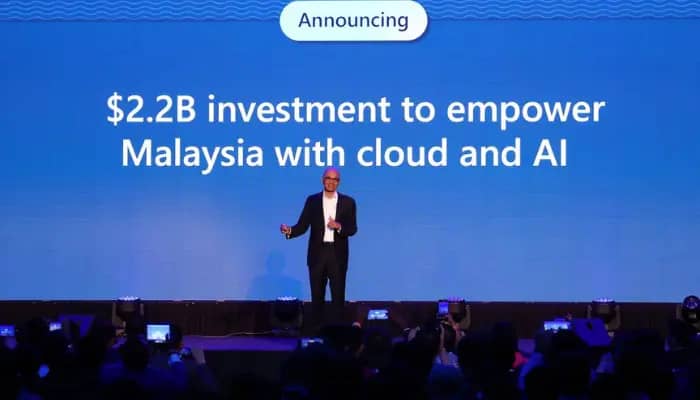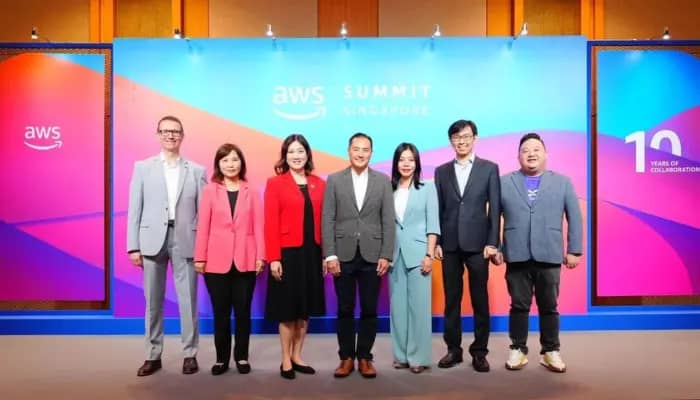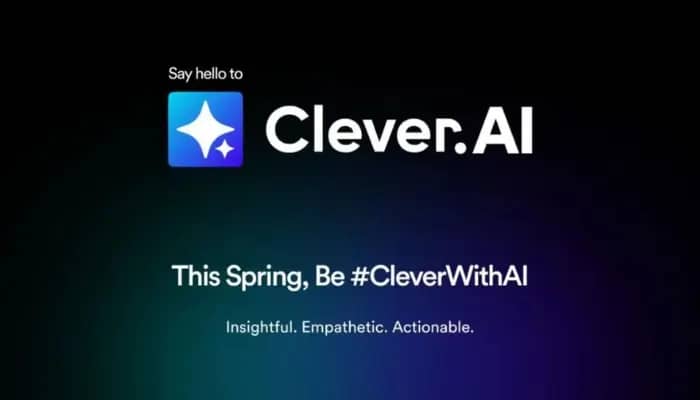Singapore – Salesforce, together with IMDA, has announced the launch of the Data + AI Boost SME Program. This initiative aims to provide 5,000 small and medium-sized firms (SMEs) in Singapore, at all stages of digital maturity, with the tools and expertise they need to utilise the transformative potential of artificial intelligence (AI) by unlocking the value of their data.
Businesses and employees will receive help implementing digital technologies like artificial intelligence (AI), gaining an advantage, and providing personnel with the training they need to make the most of these technological advancements. Salesforce and IMDA are working together to make this initiative available to 5,000 Singaporean SMEs.
Salesforce’s new Data+AI Boost SME Program intends to assist SMEs in utilising their valuable but frequently underutilised data assets, which are generally dispersed across numerous systems such as customer relationship management (CRM) systems, data lakes, and legacy systems. This effort aims to establish a strong data foundation for AI.
As part of the Data+AI Boost program, SMEs can receive one-on-one consultations to help them evaluate their needs and business obstacles. It also provides Trailhead, Salesforce’s online learning platform, with access to information and learning resources. With the aid of these materials, SMEs will be able to fully utilise their data assets, comprehend the moral applications of AI and data, and make responsible use of technology.
The usefulness of AI depends on the quality and integration of the underlying data, even though it presents SMEs with a huge chance to improve operational efficiency, customer service, and income. According to 61% of Singaporean workers surveyed by Salesforce’s AI Trust Quotient, lacking data makes it harder for people to trust AI. This indicates that data is essential for fostering confidence in AI. 70% of employees who don’t trust AI said it doesn’t have enough data to be helpful.
Singapore’s small and medium-sized enterprises (SMEs) may expand and compete by leveraging AI and valuable, integrated data to better identify and address market trends, consumer preferences, and areas for improvement. SMEs can make use of the tools and expertise offered by this program to scale their businesses more quickly and achieve faster growth.
The new Salesforce initiative was unveiled at Asia Tech x Enterprise 2024 in collaboration with IMDA. This program is a component of the partner commitments that support the Ministry of Communications and Information’s Digital Enterprise Blueprint (DEB).
The DEB aims to empower Singaporean enterprises and their workers in the next phase of their digital transformation efforts by focusing on four areas: empowering enterprises to be smarter by adopting AI-enabled solutions, enabling enterprises to scale faster through integrated digital solutions, equipping enterprises to be safer through improved cyber resilience, and upskilling workers to fully leverage digital capabilities.
SMEs identify developing technologies like artificial intelligence (AI) as one of the top business trends impacting their operations, according to the Singapore Business Federation’s National Business Survey 2023/2024. Increasing revenue was also stated as their main objective for the coming year.
Speaking about the launch, Leong Der Yao, assistant chief executive, Sectoral Transformation Group, IMDA, said, “Aligned with Singapore Digital Enterprise Blueprint, IMDA is excited to partner with Salesforce to enable our SMEs to stay ahead of the curve. The Data + AI Boost SME program by Salesforce will help strengthen AI adoption for the broad base of SMEs by firstly providing them with the know-how to unlock the full potential of their data assets as well as providing access to resources to understand the ethical use of data and AI. We look forward to the support of industry partners to enable SMEs to leverage technology to be more competitive and scale faster in today’s fast moving digital economy.”
Meanwhile, Sujith Abraham, senior vice president and general manager for Salesforce ASEAN, stated, “SMEs are the bedrock of the Singapore economy, and need access to AI and its foundational building blocks to support their growth and competitiveness in the future. Setting up the right data foundations will put them in the best possible position to embrace AI. After all, AI tools are only as good as the data those tools are accessing and acting upon. The immediate challenge for SMEs is to ensure that their data sets are interconnected in a way that is valuable.”
He added, “Through the Data + AI Boost SME Program, Salesforce is making AI more accessible for SMEs to compete and succeed in today’s economy.”











